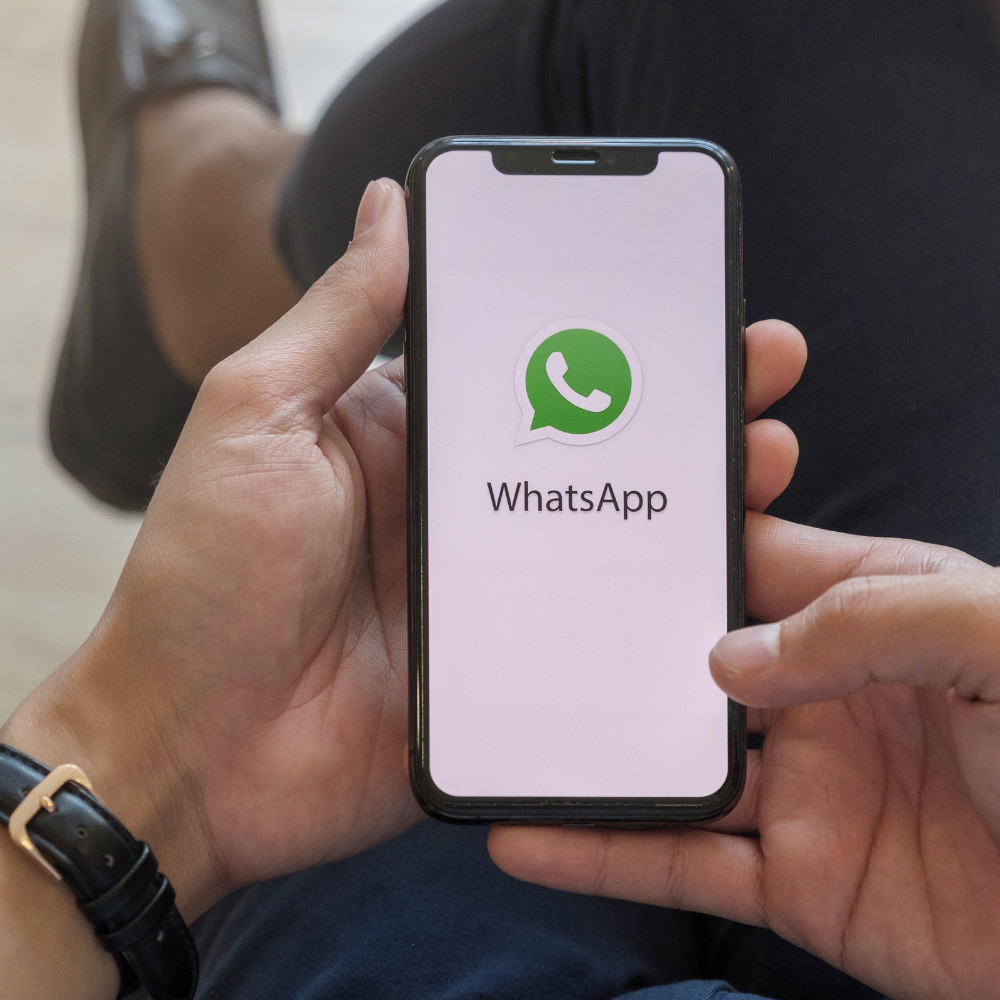
WhatsApp states that it would prefer to be blocked in the United Kingdom than to compromise its encrypted messaging system if required to do so by the Online Safety Bill.
Its leader, Will Cathcart, stated that it would refuse to comply if asked to compromise the confidentiality of encrypted messages.
Signal previously stated that it would discontinue service in the United Kingdom if the bill required it to scan messages. The government stated that both privacy and child safety are possible.
WhatsApp is the most popular messaging platform in the United Kingdom, with more than seven out of ten online adults using it, according to sources. End-to-end encryption scrambles messages so that even the service provider cannot read their contents.
Critics of the Online Safety Bill, however, argue that it gives Ofcom the authority to require private encrypted messaging apps and other services to adopt "accredited technology" to recognize and eliminate child-abuse content.
Mr. Cathcart stated that trying to undermine the privacy of WhatsApp messages in the United Kingdom would affect all users. 98% of their users are located outside of the United Kingdom, and they do not want the product's security to be decreased. The app would rather be blocked in the United Kingdom, according to Mr. Cathcart.
"We were recently blocked in Iran, for instance. We've never witnessed a liberal democracy do so before, "he added.
Meredith Whittaker, the president of Signal, previously told sources that the company would cease providing services in the United Kingdom if required by the bill to weaken the privacy of its encrypted messaging system.
The government and prominent child-protection organisations have argued for a long time that encryption hinders efforts to combat the growing problem of online child abuse. The Home Office stated that technology companies must make every effort to prevent their platforms from becoming pedophile breeding grounds.
According to research cited by the National Society for the Prevention of Cruelty to Children (NSPCC), grooming and child-abuse-image crimes have risen dramatically in the United Kingdom.
The charity's Richard Collard stated that the Online Safety Bill "will rightly make it a legal requirement for platforms to identify and disrupt child sexual abuse occurring on their sites and services, and that businesses could prepare by developing technological solutions that protect the safety and privacy of all users, including child abuse victims."
He added that experts have demonstrated that child abuse material and grooming can be addressed in environments with end-to-end encryption. "The Online Safety Bill does not prohibit end-to-end encryption," the government said. "Privacy and child safety are not mutually exclusive; we can and must have both."
Critics, however, argue that the only way to check the content of encrypted messages for child-sexual-abuse material would be to scan them on a device such as a phone prior to encryption and transmission. And client-side scanning undermines the privacy provided by encryption.
The Information Commissioner's Office, which reportedly collaborates closely with Ofcom, told sources that any interventions that could weaken encryption must be "necessary and proportional."



